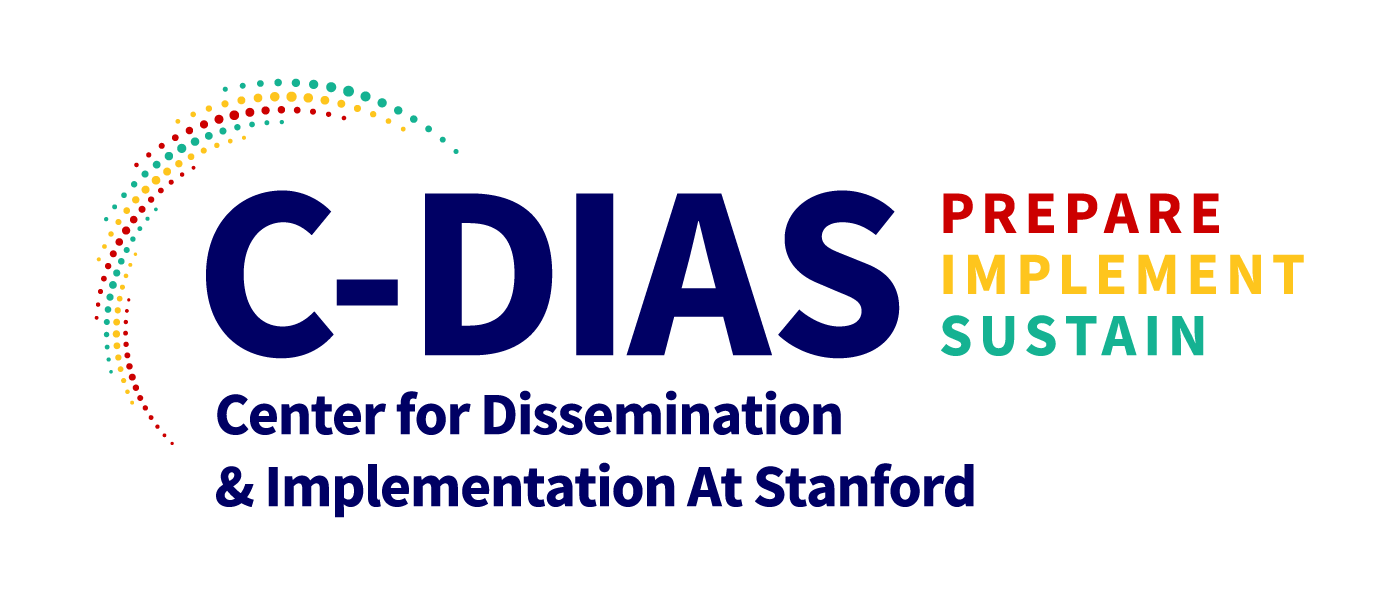Lesia Ruglass, PhD
City College of New York.
Data from the United States National Survey on Drug Use and Health (NSDUH, 2021) indicate that while certain racial/ethnic minoritized populations may have equivalent or lower rates of substance use disorders (SUD) compared to White people, evidence suggests that once developed, and given structural inequities and barriers, racial/ethnic minoritized people may suffer more deleterious consequences (i.e., health, criminal justice system involvement etc.) related to SUD than their White counterparts. In tandem, racial/ethnic minoritized people are less likely to access, utilize, and receive quality evidence-based SUD treatment than their White counterparts, which may further contribute to worsening of their SUD over time. This presentation will review research findings on some of the key factors (individual, interpersonal, community, and social) associated with inequities in treatment access and outcomes for racial/ethnic minoritized populations. Recommendations for research, clinical, and community/societal changes to advance health equity for racial/ethnic minoritized populations with SUD will be discussed.

